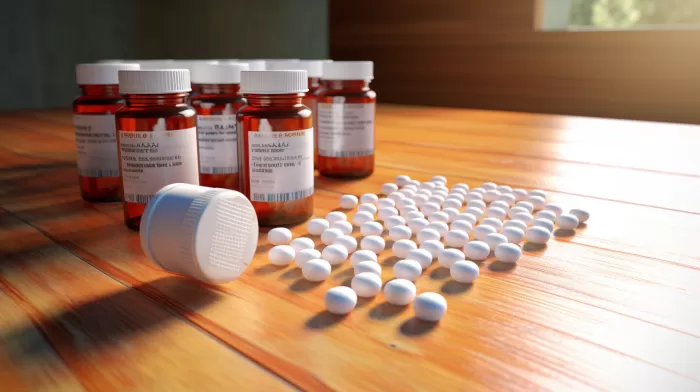Homeopathy, an alternative medicine overlooked and often opposed by conventional doctors, was once widely used in the United States. Despite being considered a non-drug therapy, homeopathy has much to offer in terms of effectiveness and safety. This article explores the principles of homeopathy and why it has faced so much opposition, while also shedding light on its benefits and potential uses.
The Mystery of Homeopathy
Homeopathic treatments are based on the Law of Similars, which states that a substance that can cause the symptoms of a disease can also cure it. The word “homeopathy” itself means similar (homeo) suffering (pathy). Surprisingly, many homeopathic principles are used in conventional medicine, though most doctors are unaware of this fact.
The preparation of homeopathic remedies often puzzles medical professionals due to the ultra-dilution involved. This process means that solutions become more potent as healing agents the more they are diluted. It’s a concept that’s difficult for many, including alternative medicine enthusiasts, to wrap their heads around.
Potency and Safety
Despite the confusion surrounding the ultra-dilution of homeopathic medicines, such remedies are both potent and safe, and often free from any harmful side effects. The fact that they contain no drugs means there are few, if any, risks associated with using homeopathy – a claim that cannot be made for many conventional medical treatments.
For those who prioritize effectiveness and safety over scientific understandings of how a treatment works, homeopathy presents an alternative to conventional medicine that should not be disregarded. Overreliance on drugs can lead to temporary relief, followed by the need for continuous use of suppressive therapies. On the other hand, homeopathy aims to address the underlying cause of the disease without the need for continual treatment.
Resistance to Homeopathy
The suppression of homeopathic medicine can be largely attributed to the influence of the pharmaceutical industry and its desire to protect its profits. Many non-drug therapies, including homeopathy, have faced strong opposition from entities such as the Food and Drug Administration. The medical industry’s reluctance to accept homeopathy has resulted in a relative lack of knowledge and understanding in the United States today.
Personal Experiences
Individuals who have had positive experiences with homeopathic remedies often feel frustrated by the efforts to marginalize and undermine this gentle approach to healing. For example, a skin cancer treatment based on an herb formula was effectively distributed by one woman until the FDA demanded she cease all production and distribution. Those who benefited from this product were forced to rely on their existing supply or revert to other, potentially less effective, treatments.
The Potential for Homeopathy
Regaining an understanding of and trust in homeopathy could provide a much-needed alternative to the often-harsh treatments offered by conventional medicine. Reconnecting with the healing potential of nature and reducing the reliance on drug therapies could prove beneficial for the overall health and wellbeing of the population.
A Revival of Homeopathic Medicine
In the interest of public health, it may be time for a resurgence in the use of homeopathy as a valid alternative to pharmaceutical treatments. A holistic approach to healing that is both effective and safe should not be pushed aside in favor of more expensive or risky options. As more people turn toward natural health practices, it’s essential that homeopathy is considered as part of an integrated approach to healthcare.



